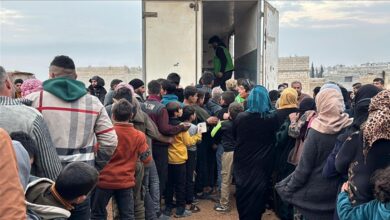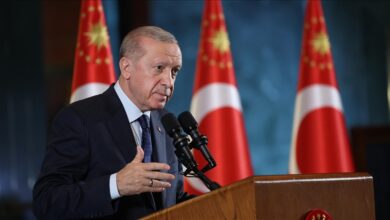
The Syrian Network for Human Rights issues its monthly report on cases of arrests and enforced disappearances
The Syrian Network for Human Rights (SNHR) announced in its latest report, released today, that it documented at least 193 cases of arbitrary arrests/ detentions in September 2021, including 10 children and five women, noting that Assad regime forces targeted civilians for detention as they attempted to leave regime-controlled areas.
The 20-page report explains that most of the arrests in Syria are carried out without any judicial warrant while the victims are passing through checkpoints or during raids, with the security forces of the regime’s four main intelligence services often responsible for extra-judicial detentions. Every detainee is tortured from the very first moment of his or her arrest and denied any opportunity to contact his or her family or to have access to a lawyer. The authorities also flatly deny the arbitrary arrests they have carried out and most of the detainees are subsequently categorized as forcibly disappeared.
This report outlines the record of arbitrary arrests/ detentions it recorded in September 2021 by the parties to the conflict and the controlling forces in Syria, as well as shedding light on the most notable individual cases and incidents of arbitrary arrest and detention that the SNHR’s team documented during the same period, in addition to categorizing cases and incidents of arrest according to the location of the incident. The report does not include those kidnappings and abductions in which the report was unable to identify the responsible party.
The report notes that Syrian regime forces have continued to persecute and target Syrian citizens in areas under regime control in connection with their political dissent and expression of opinions, despite the right to both being guaranteed by the constitution and international law.
This proves once again the truth of the crucial point which we have reiterated several times previously, namely that no Syrian citizen can feel safe from arrest since these are carried out without any basis in law or any oversight by any independent judiciary, and are perpetrated by the security services with no involvement by the judiciary.
The report adds that among the arrests and detentions documented by SNHR in September were those by Assad regime forces that continued in September to persecute and arrest individuals who had concluded settlements of their security status with the Syrian regime in areas that had previously concluded settlement agreements with the regime; these arrests have been concentrated in Damascus Suburbs and Daraa governorates.
The report stresses that the Assad regime has not fulfilled any of its obligations in any of the international treaties and conventions it has ratified, in particular the International Covenant on Civil and Political Rights, and that it has violated several articles of the Syrian constitution itself, as it has continued to detain hundreds of thousands of detainees without an arrest warrant for years. For a long time, without charges, they were forbidden to hire a lawyer and family visits, and 68.25% of the total detainees were forcibly disappeared.
The report called on the UN Security Council to follow up on the implementation of resolutions No. 2042 of April 14, 2012, 2043 of April 21, 2012, and 2139 of February 22, 2014, to put an end to enforced disappearance.
The report stresses the need for the United Nations and the guarantor parties of the Astana talks to form a special, impartial committee to monitor cases of enforced disappearance, and to advance in the process of revealing the fate of 102,000 disappeared in Syria, 85% of whom are with the Assad regime, and to immediately start putting pressure on all parties in order to immediately disclose the detainees’ records It has, according to a timetable, and in the meantime it is necessary to declare their places of detention and to allow humanitarian organizations and the International Committee of the Red Cross to visit them directly.
Lastly, the report emphasizes that children and women should be released, and families and friends of detainees or wanted individuals should not be detained as prisoners of war, with the report also providing additional recommendations.




